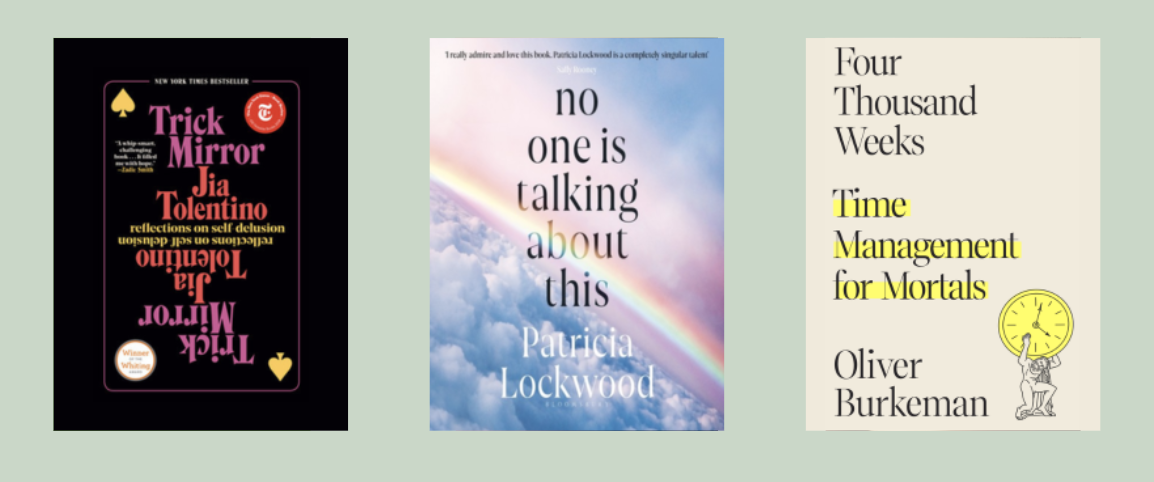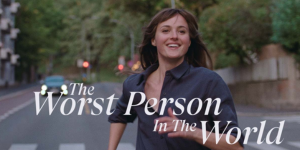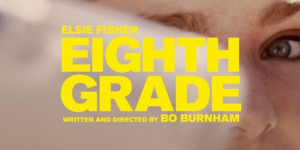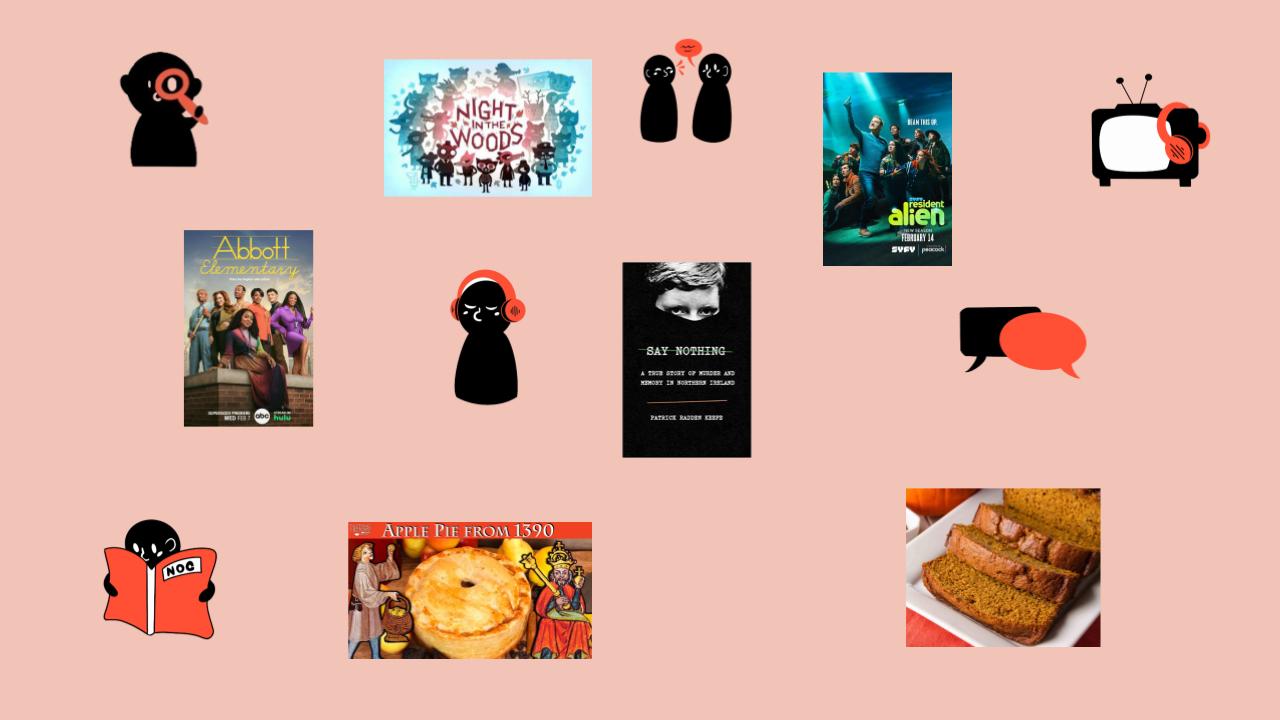|
→ View in browser
My relationship with FOMO is ambivalent. On one hand, a crowded week feels like catching a cold, yet I’ve stood at art exhibition openings simply because “everyone’s going.” During COVID I realised I’m an extrovert who learned an introvert’s way of enjoying things: I stopped posting, baked and read at my own pace, and felt relieved “doing culture” without an audience. Watching endless bread-baking stories didn’t make me want to join; it made me want to log off and do things quietly, for myself.
That’s the social gravity of FOMO. It isn’t just a feeling; it’s how crowds move. It keeps scenes buzzing, helps organizers prove that something matters, and, perhaps most subtly, it writes itself into our calendars. If you flip through a week, you might notice how varied the entries look: a birthday dinner you couldn’t skip, a “closing soon” exhibition squeezed in before it vanished, an office drink that felt more like proof of presence than enjoyment, the finale everyone watched in real time. Some moments we actively choose, others arrive by default, but together they start to trace a kind of script. And it’s worth asking: when our weeks fill this way, are our calendars recording our own curiosities, or just reflecting the pull of everything around us?
You can see this in the numbers too. Live music drew 151 million fans in 2024; airports hit screening records; museums are back near pre-pandemic numbers — proof that “opening night” and “closing soon” still work as nudges. Yet everyday socialising hasn’t fully bounced back: people spend about 50 minutes less out of the house than in 2019. For a while, FOGO — the fear of going out — left calendars blank, while JOMO — the joy of missing out — gave us license to treat staying home as presence in itself. But the pendulum swung again. The labels shifted to “revenge travel,” “one night only,” “closing soon,” yet the logic stayed the same: don’t miss the moment. And even when we stay home, softer pulls remain.
Culture streams now: the Succession finale drew 2.9 million live viewers in the U.S. and lit up social media in real time, while Squid Game season 3’s premiere smashed Netflix’s viewership records. These amongst others became invisible appointments, shaping the conversations you could join — or not.
FOMO isn’t purely bad. Sometimes it nudges us toward connection — the dinner you nearly cancelled but that ends up shaping your week, the film you only watched because everyone was talking about it but which lingers longer than expected. But when showing up becomes the point, the experience risks shrinking into proof — a post, a story — instead of something that lasts.
That’s when I try a different filter. The pandemic didn’t just pause our social lives; it edited them, thinning out the casual “see you there” and leaving behind sharper choices. What remains on the calendar now feels less like time to fill and more like time to account for. I’ve stopped asking how full it looks, and started asking what story it tells. A week that mirrors everyone else’s means I’ve outsourced too much of my curiosity. A week dotted with things I’ll remember feels more like my own.
Estelle
|
Read between the lines

|
The most ambitious country in the world? — Sarah Keating, BBC (2018)
In Singapore, kiasu means “fear of missing out” with a competitive twist: the worry that others will get ahead if you don’t. This shapes everything from queuing for freebies to parenting styles.
|
|
|
The Banality of Online Recommendation Culture — Kyle Chayka, The New Yorker (2024)
From Netflix to Spotify, recommendation engines promise discovery but deliver sameness. This essay argues why the “next up” slot can feel more numbing than inspiring.
|
|
|
Is social media robbing the fun from our hobbies? — Hannah Mitchell, The Fledger (2022)
Knitting, running, baking — once private escapes, now potential posts. A reflection on how hobbies mutate when we start doing them for the feed.
|
|
Designed to last

The Light Phone
A minimalist mobile that strips away apps and feeds. Marketed as a “phone to be used as little as possible,” it’s designed as an antidote to compulsive checking.
|

The Present Clock
A wall clock that measures time in seasons instead of minutes. Each rotation takes a year, inviting you to notice rhythms bigger than your inbox.
|

The Magic Radio
A portable speaker that continuously records the last two hours of audio you play — meaning you can rewind live radio, a podcast, or even a fleeting moment you thought was lost.
|
|
|
Flip through

|
Trick Mirror: Reflections on Self-Delusion — Jia Tolentino (2020, essays)
A sharp dissection of how identity, internet culture, and self-performance warp our choices — essential for understanding why FOMO feels inescapable.
No One Is Talking About This — Patricia Lockwood (2021, fiction)
A novel about living half online and half off, where feeds bleed into daily life and the crowd’s gaze reshapes what matters.
Four Thousand Weeks: Time Management for Mortals — Oliver Burkeman (2021, non-fiction)
A philosophical reminder that life is short and calendars can’t be optimized endlessly — an antidote to the pressure of filling every slot.
|
|
Ways to get inspired

La FOMO
A collective that organizes performances and events around scarcity and exclusivity, questioning what it means to be “in the room.”
|

Sofar Sounds
A global network of small concerts hosted in private homes or unconventional venues. Locations and lineups are only revealed at the last minute.
|

Punchdrunk
An immersive theatre company known for productions where audiences move freely through elaborate, site-specific worlds, making every performance a one-of-a-kind experience.
|
|
Through the lens
|
The Worst Person in the World (2021)
A coming-of-age story following a millennial through love, ambition, and indecision, capturing the restlessness of a generation faced with too many choices.
|

|
|
|
Eighth Grade (2018)
A portrait of adolescence lived online, where YouTube videos, likes, and awkward self-expression blur the line between public and private life.
|

|
|
|
Ingrid Goes West (2017)
A dark comedy about an influencer obsession that turns into real-world stalking, exposing the loneliness beneath curated feeds.
|

|
|
|
Enjoying NOC? Your friends, family, community and colleagues might too. Here is a link for you to share this edition with them.
Link to this edition
|
Through art
|
Excellences & Perfections — Amalia Ulman (2014 - 2018)
A staged Instagram makeover that blurred the line between fiction and real life. Followers kept watching, unsure what was performance and what was truth.
|

|
Home Sweet Home (Backyard) — Mak Ying Tung (2019)
The artist, through her paintings of houses designed in The Sims and a similuation game, shows the kind of dream interiors we build online — perfect, polished, a little unreal — and asks what remains when digital aspiration is turned into something solid.
|
Universal Tongue — Anouk Kruithof (2018–2022)
A video installation stitched together from 8,800 YouTube dance clips. What starts as joyful variety quickly feels overwhelming, a reminder of how the internet multiplies our desires to join in, copy, and keep up.
|
|
|
|
Our picks

|
Night in the Woods (2021) by Infinite Fall and Secret Lab — a spooky single-player indie game about small-town secrets and the supernatural.
Resident Alien (2021-2025) — a sci-fi comedy tv show about an alien who crash-lands on Earth and disguises as a small town doctor.
Apple Pie from Medieval England by Tasting History with Max Miller — cooking video reviving a medieval English apple pie recipe.
Say Nothing (2018) by Patrick Radden Keefe — an account of the extremes people would go to for an ideal during the Troubles in Northern Ireland.
Pumpkin Bread — a recipe to get into the fall spirit using fresh pumpkin.
Abbott Elementary (2021-2025) — a sitcom about a group of well-meaning teachers as they navigate the challenges of the Philadelphia public school system.
|
|
|
NOC is a constant work-in-progress. We want to hear your thoughts, recommendations and ideas—reply to the newsletter via email or write to us on social media (LinkedIn or Instagram). Your input will help shape where we go next!
You can browse past editions on our website.
Was this email forwarded to you? You can register to our newsletter here.
One ask from us: to avoid our newsletter landing in your spam inbox, add our email address as a contact.
|
|